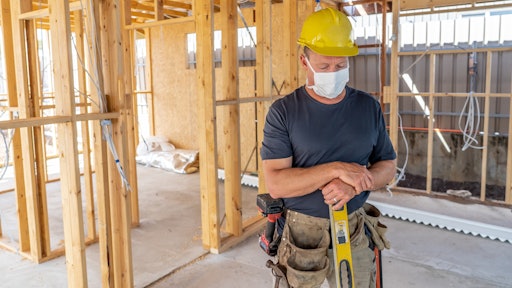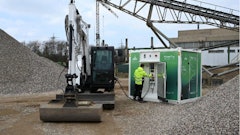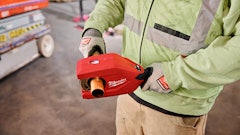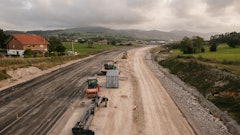
On April 10, the U.S. Department of Labor’s Occupational Safety and Health Administration (OSHA) issued interim guidance for enforcing OSHA’s recordkeeping requirements (29 CFR Part 1904) as it relates to recording cases of COVID-19.
Under OSHA’s recordkeeping requirements, COVID-19 is a recordable illness, and employers are responsible for recording cases of COVID-19, if the case:
- Is confirmed as a COVID-19 illness;
- Is work-related as defined by 29 CFR 1904.5; and
- Involves one or more of the general recording criteria in 29 CFR 1904.7, such as medical treatment beyond first aid or days away from work.
In areas where there is ongoing community transmission, employers other than those in the healthcare industry, emergency response organizations (e.g., emergency medical, firefighting and law enforcement services) and correctional institutions may have difficulty making determinations about whether workers who contracted COVID-19 did so due to exposures at work. Accordingly, until further notice, OSHA will not enforce its recordkeeping requirements to require these employers to make work-relatedness determinations for COVID-19 cases, except where:
- There is objective evidence that a COVID-19 case may be work-related; and
- The evidence was reasonably available to the employer.
Employers of workers in the healthcare industry, emergency response organizations and correctional institutions must continue to make work-relatedness determinations pursuant to 29 CFR Part 1904.
This enforcement policy is intended to provide certainty to the regulated community and help employers focus their response efforts on implementing good hygiene practices in their workplaces and otherwise mitigating COVID-19’s effects.
OSHA Enforcement Plan
On April 14, OSHA announced an interim enforcement response plan for the coronavirus pandemic. The response plan provides instructions and guidance to OSHA Area Offices and compliance safety and health officers (CSHOs) for handling coronavirus-related complaints, referrals and severe illness reports.
During the coronavirus outbreak, OSHA Area Offices will utilize their inspection resources to fulfill mission essential functions and protect workers exposed to the disease. The response plan contains interim procedures that allow flexibility and discretion for field offices to maximize OSHA’s impact in securing safe workplaces in this evolving environment.
“OSHA is committed to protecting the health and safety of America’s workers during this challenging time in our nation’s history,” Principal Deputy Assistant Secretary Loren Sweatt said. “Today’s guidance outlines commonsense procedures for investigating complaints related to the coronavirus, while also ensuring the safety of workers, employers, and inspectors.”
The response plan outlines procedures for addressing reports of workplace hazards related to the coronavirus. Fatalities and imminent danger exposures related to the coronavirus will be prioritized for on-site inspections.
The response plan contains procedures and sample documentation for CSHOs to use during coronavirus-related inspections. Workers requesting inspections, complaining of coronavirus exposure or reporting illnesses may be protected under one or more whistleblower statutes and will be informed of their protections from retaliation.
This memorandum will take effect immediately and remain in effect until further notice. It is intended to be time-limited to the current public health crisis.
Check OSHA’s webpage at www.osha.gov/coronavirus frequently for updates.





























